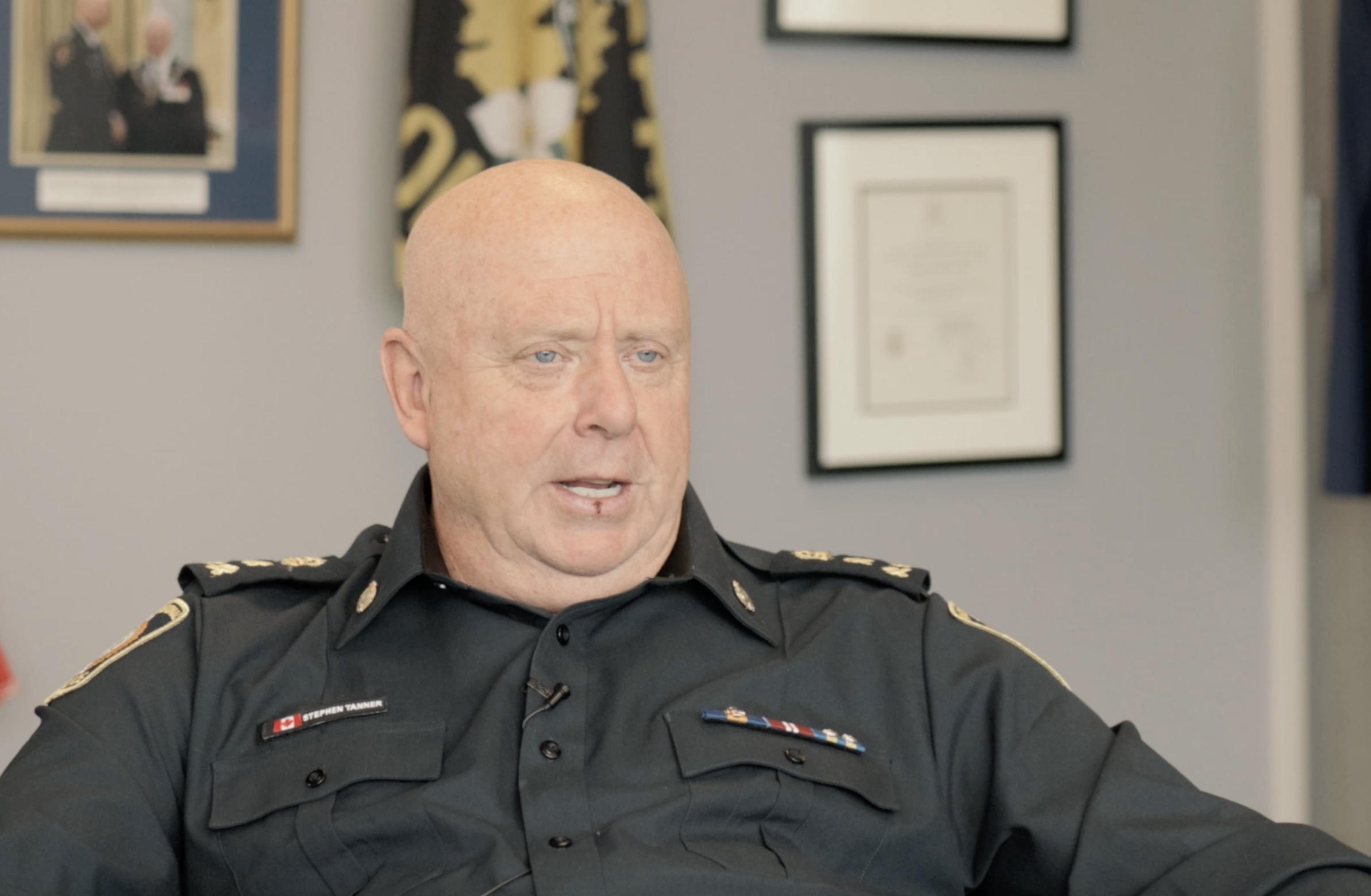
A recent report by the Halton Regional Police Service (HRPS) showed that crime has increased by 30% since the pandemic. HRPS’ Chief Steve Tanner believes the rise is a rebound to pre-pandemic levels.
He points to the decrease in house break-ins during the lockdowns because people were home. That is no longer the case; as people are at work and children are at school, break-ins have spiked, which often occur during the daytime.
But, part of the increase is also economically driven.
Gas station and pharmacy robberies seem ubiquitous, and Tanner believes they’re crimes of desperation.
“Some criminals are actually desperate or in situations of drug or alcohol addiction, and they’re committing the theft type occurrences.”
When these criminals are caught and taken into custody, much to his chagrin, they’re often released immediately on an undertaking or bail. And although criticism of the system has been mounting, it just isn’t feasible to have people remain in custody, according to Tanner.
“For one, it’s expensive. Also, a part of our correctional system is about rehabilitation - making the person better, and reducing recidivism. It’s not a good idea to have everyone in custody, but the real violent ones should be."
Time behind bars might turn a petty criminal into a hardened one - a situation tanner says is all too common. Socializing with inmates can also lead one to learn how to become a better criminal.
Tanner concedes that whether or not a criminal gets caught in the first place depends on the type of crime. “They’re more likely to get caught for homicides and sexual assaults,” he says.
Furthermore, if there’s a victim who can identify a criminal, they’re more likely to get caught. So, face-to-face crimes have a good chance of being solved.
“If you go into a gas station and you rob the gas station and you run away and your face is there on video and someone saw you get into a car, there’s more chance to get caught. If you break in to a house and no one sees you and you don’t leave evidence behind and there’s no video, you’re less likely to get caught.”
Tanner speculates that the HRPS solves around 90% of homicides but only 40% of break-ins. All in all, about 40-50% of crimes are solved.
Auto thefts have been steadily increasing for a while now, and Oakvillians have aired their frustrations about the lack of a sense of urgency immediately after the theft. But Tanner argues that there isn’t much the police can do, as the chances of finding a stolen vehicle “are pretty slim.”
“There’s really not anything to do on the day that the vehicle is stolen. I remember an old chief who used to say, 'when we get a report for a stolen car, why are we even going to the house? We’re going to see the shadow of the car where it used to be in the driveway. But it's not there anymore. There's no evidence there.’ There might be footprints in the snow or something like that, but there isn’t much evidence.”
In those cases, their only hope is to turn to technology. If an auto theft victim is lucky, their car might be recovered on its own or through a stolen vehicle project, but it isn’t the norm.
There were 1,200 cars stolen out of Halton last year. Most of them were taken out of people’s driveways. Thieves steal the signal from the car’s key fob to unlock the vehicle and drive it away.
Tanner reveals that “a lot of those crimes are being done by organized crime groups who are probably paying someone $300 or $400 to steal the car.” The thief is usually young, but not always. The ones who call the shots, however, are experienced. Once these big fish get a hold of the car, they load it onto a cargo container, where it sets sail for Europe or someplace else and sells for $100,000.
“You’re not going to get much for the actual 21-year-old who steals the car. You should be going after the actual organized crime groups, because if they weren't paying these young guys to do it, nobody would be stealing them.”